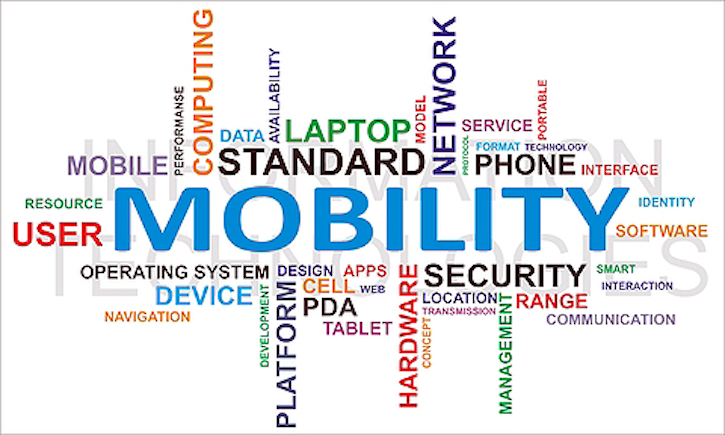
Research about new technology is an integral and constant part of our society – new phone, new car, new computer… But that research seems insignificant compared to a smarter and more complex technology: our body!
For our body, life is the main objective. And staying alive is synonymous with maintaining mobility, among other things.
This mobility is enabled through the flexibility of all of our different tissues and systems – muscles, ligaments, tendons, joints, digestive tract, spine, and skull. If one of these parts loses mobility, the body begins to compensate. Body compensation is a very smart thing.
For instance, after a trauma or an accident, if your knee is less mobile, your hip and your ankle will increase their range of motion to allow you to continue walking and limit the impact on your posture.
Another example is with the digestive tract, which could be impacted by a poor diet, become inflamed and irritated, and lose its supple nature. Because the digestive system is attached to the spinal vertebrae and pelvis, this impact on the digestive tract can affect global mobility in the whole lower torso, as the spine and pelvis begin to compensate.
But this system of compensation has limits. If the body has to compensate too much, tension and blockage are a result and can lead to stiffness, tightness, pain, irritation…these symptoms show that the system is overloaded.
An osteopath, as a global manual therapist, looks for signs of lack of mobility and tries to understand why and how the body is compensating. A regular assessment with your practitioner can aid the body’s recovery, and can help you to anticipate pain and prevent injuries in the future.
If you have any questions about osteopathy or are interested in seeing an osteopath, contact us at Mahaya Health Services.